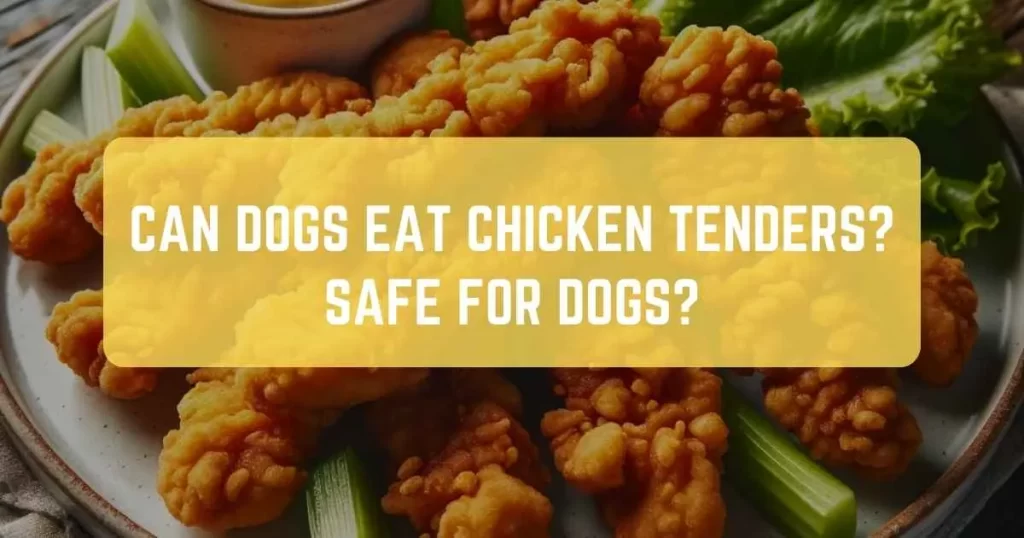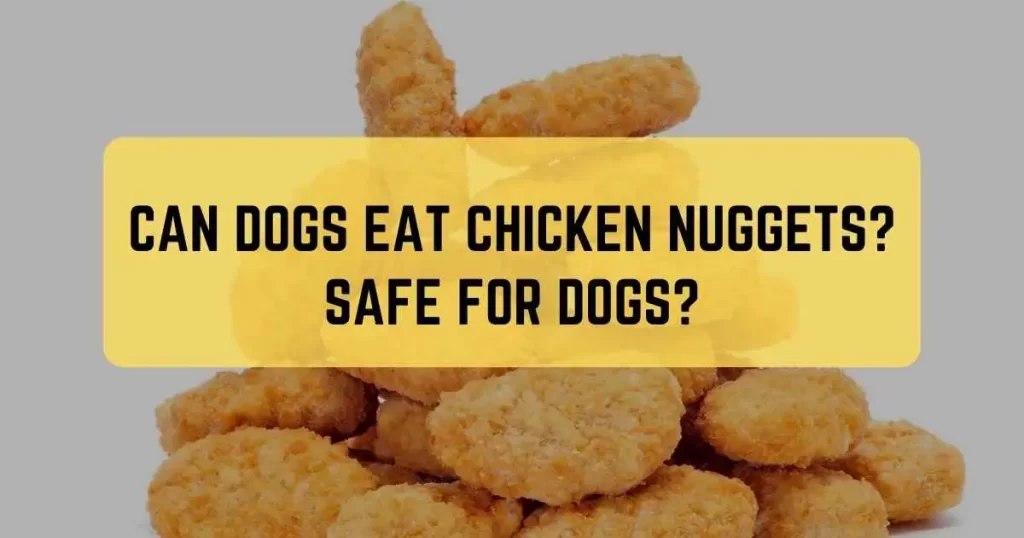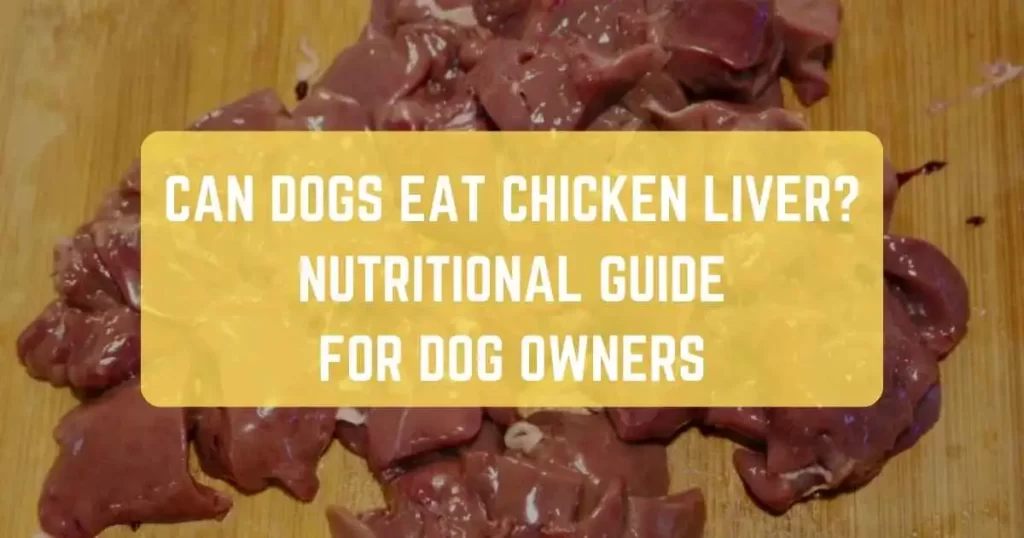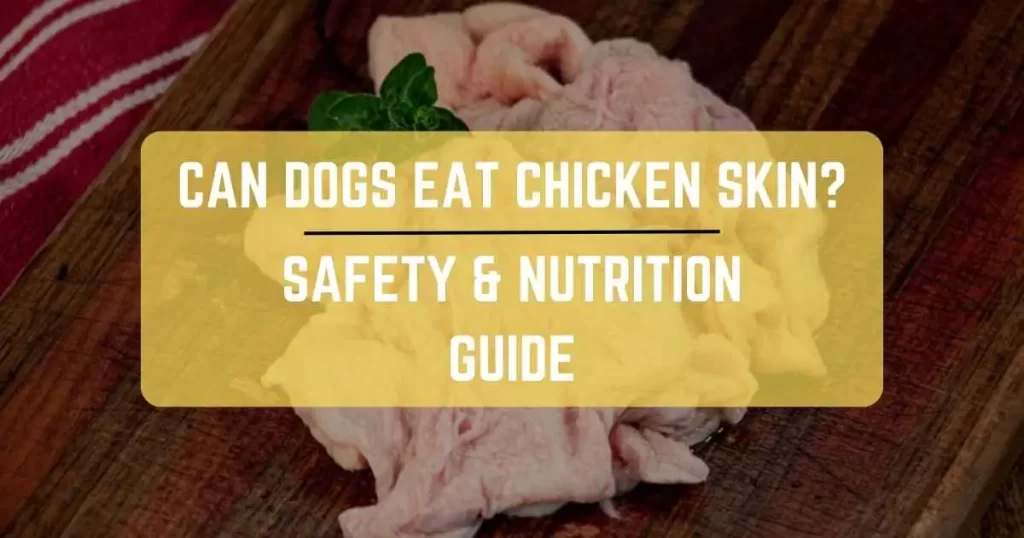
Attention, dog owners! Are you wondering if you can share a slice of that decadent cheesecake with your furry friend? Before you do, it’s crucial to understand the potential risks involved. While it may be tempting to treat your beloved pup to a taste of this creamy dessert, there are ingredients in cheesecake that can pose serious health hazards for dogs.
From the rich cream cheese to the indulgent chocolate flavors, these innocent-looking treats can wreak havoc on your dog’s delicate digestive system. Stay tuned as we dive into the truth behind dogs and cheesecake, revealing the risks, alternatives, and essential steps to take if your dog accidentally indulges in this forbidden delight.
Your dog’s well-being is at stake, so let’s unravel the mystery of whether cheesecake is truly safe for our four-legged companions!
Can Dogs Eat Cheesecake?
No, dogs should not eat cheesecake. Cheesecake contains ingredients like cream cheese and chocolate that can be dangerous for dogs, causing digestive issues and potentially toxic reactions. It’s best to avoid feeding cheesecake to dogs and opt for dog-friendly treats instead to ensure their health and well-being.
The Risks of Feeding Cheesecake to Dogs
Before you give your dog a piece of cheesecake, it’s crucial to understand the potential risks involved. While a small amount of cheesecake may not immediately harm your pet, several factors make it a less-than-ideal choice for their diet. One of the primary concerns is the presence of cream cheese, a common ingredient in cheesecake.
Although dogs can tolerate small amounts of dairy, they lack the necessary enzymes to digest lactose effectively. Consequently, consuming cheesecake with cream cheese can lead to digestive issues such as diarrhea, vomiting, or an upset stomach.
Ingredients in Cheesecake That Are Bad for Dogs
Aside from cream cheese, other ingredients commonly found in cheesecake can be harmful to dogs. Chocolate cheesecake, for example, contains theobromine, a compound toxic to dogs. Even a small quantity can cause symptoms like increased heart rate, tremors, or even seizures.
Additionally, the graham cracker crust often used in cheesecakes may contain high levels of sugar, artificial sweeteners, or spices like cinnamon, which can upset a dog’s stomach or cause other complications. It’s crucial to remember that dogs have different dietary needs and sensitivities compared to humans, making it essential to avoid sharing foods that may contain ingredients that are harmful to them.
Alternatives to Cheesecake for Dogs
While it’s best to avoid feeding cheesecake to dogs, there are alternative treats available that can satisfy their cravings without compromising their health. Consider opting for safe and dog-friendly options such as plain cheesecake without any additives or flavors.
Another alternative is making homemade dog-friendly cheesecake treats using ingredients that are safe for canine consumption, such as cottage cheese or plain yogurt. These alternatives provide a similar creamy texture while minimizing the risks associated with traditional cheesecake.
Common Concerns About Dogs and Cheesecake
As a responsible dog owner, it’s natural to have concerns about dogs and cheesecake. Some common questions that arise include whether dogs can develop an affinity for cheesecake, or if they can eat other flavors like strawberry cheesecake.
While dogs may exhibit interest in the smell or taste of cheesecake, it’s crucial to prioritize their well-being over indulging their desires. Strawberry cheesecake, for example, may contain additional ingredients like sugar or artificial sweeteners that can be harmful to dogs. It’s always best to err on the side of caution and consult with a veterinarian for guidance on what is safe for your specific dog.
What to Do If Your Dog Eats Cheesecake
If your mischievous pup manages to snatch a slice of cheesecake or consumes it accidentally, there are steps you can take to ensure their safety. Start by assessing the situation. Consider the size of the dog, the amount of cheesecake ingested, and the specific ingredients involved. If the dog has eaten a small piece of plain cheesecake without any harmful additives, they may not experience immediate health issues.
However, it’s important to monitor them closely for any signs of discomfort or unusual behavior. If your dog exhibits symptoms like vomiting, diarrhea, or abdominal pain, it’s crucial to contact your veterinarian promptly for further guidance.
Making Safe Cheesecake Treats for Dogs
If you’d like to treat your dog to a special dessert, you can create homemade, dog-friendly cheesecake treats. These alternatives allow you to control the ingredients and ensure they are safe for your furry companion. Consider using dog-approved ingredients such as plain yogurt or cottage cheese as a base. You can even add small quantities of dog-friendly fruits like mashed banana or pureed pumpkin to enhance the flavor. By preparing these treats yourself, you can indulge your dog’s sweet tooth while maintaining their well-being.
Popular Cheesecake Flavors That Are Safe for Dogs
While it’s important to prioritize your dog’s health and safety, it’s understandable that you may still want to share some flavors reminiscent of cheesecake with your furry friend.
Luckily, there are certain flavors that are generally safe for dogs to enjoy. Plain cheesecake, with minimal additives or artificial sweeteners, is a viable option. However, it’s important to reiterate that moderation is key, and it’s essential to consider your dog’s specific dietary requirements and any potential allergies or sensitivities they may have.
Final Thoughts
In conclusion, cheesecake is not a recommended treat for dogs. While they may show interest in this creamy dessert, it contains ingredients that can be harmful to their health. From the cream cheese to potential toxic components like chocolate, cheesecake poses risks that can lead to digestive issues, discomfort, or even more severe health complications.
As responsible dog owners, it’s crucial to prioritize their well-being by providing them with nutritionally balanced, dog-friendly treats. By exploring alternative options and consulting with your veterinarian, you can ensure that your furry companion enjoys a safe and delicious treat without compromising their health.
Frequently Asked Questions
Can dogs eat cheesecake crust?
No, dogs should not eat cheesecake crust as it often contains ingredients like sugar, spices, or artificial sweeteners that can be harmful to their digestive system.
Can dogs have cream cheese?
While a small amount of cream cheese may not immediately harm your dog, it’s best to avoid giving it to them. Dogs have difficulty digesting lactose, and consuming cream cheese can lead to digestive issues like diarrhea or upset stomach.
Can dogs eat lemon cheesecake?
No, dogs should not eat lemon cheesecake or any other flavor of cheesecake. Citrus fruits like lemon can be harmful to dogs and may cause digestive disturbances or other complications.
Does cheesecake have xylitol in it?
Cheesecake does not typically contain xylitol. However, it’s important to carefully check the ingredients before feeding any type of cheesecake to your dog, as some variations or store-bought options may include xylitol, which is highly toxic to dogs.
Can dogs have cheesecake frosting?
No, dogs should not have cheesecake frosting or any other type of frosting. Most frostings contain high amounts of sugar and artificial ingredients that can be harmful to dogs and may cause digestive issues or obesity.
Can dogs eat cheesecake ice cream?
No, dogs should not eat cheesecake ice cream or any other ice cream meant for human consumption. Ice cream contains ingredients like sugar, dairy, and potential additives that can upset a dog’s stomach and may cause discomfort or other health issues.
Can dogs eat plain cheesecake?
While a small piece of plain cheesecake without any harmful additives may not immediately harm your dog, it’s still best to avoid giving it to them. Cheesecake is not nutritionally suitable for dogs and can lead to digestive issues, especially due to the presence of cream cheese.









